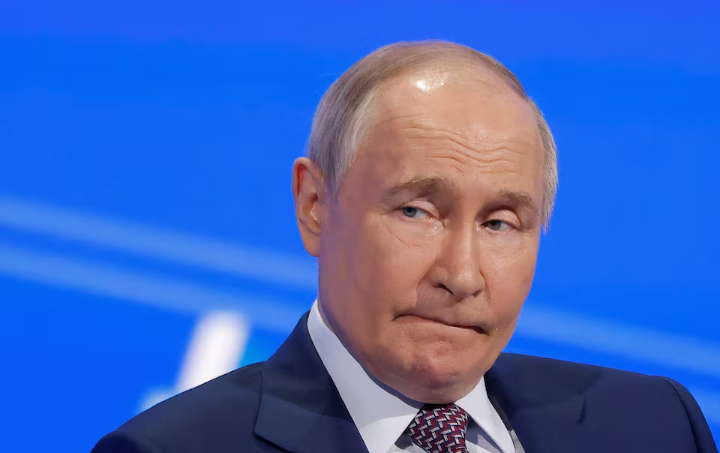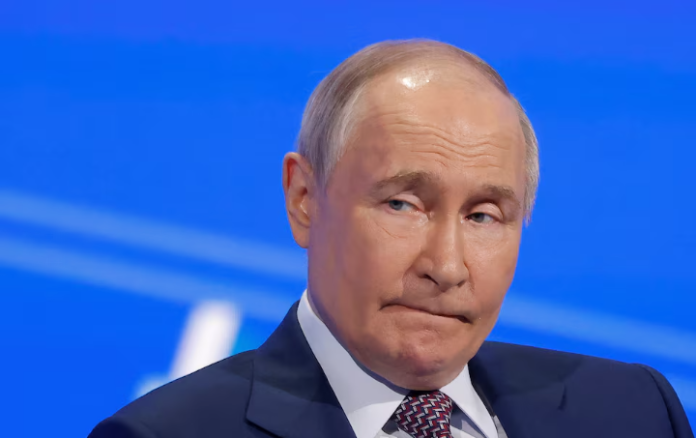In a high-stakes phone call with former U.S. President Donald Trump, Russian President Vladimir Putin managed to push forward his own agenda while offering minimal concessions toward a broader ceasefire in Ukraine. Instead of agreeing to the 30-day truce that the U.S. had proposed, Putin consented only to a limited ceasefire—one that halts attacks on energy infrastructure for a month but leaves Russia’s military offensive largely untouched.
While this agreement gives the appearance of progress, analysts argue it benefits Moscow far more than it does Kyiv or Washington. By securing a temporary pause in strikes on Russian oil refineries—targets of recent Ukrainian drone attacks—Putin safeguards a key economic pillar that funds his war. Meanwhile, Ukraine loses one of its most effective strategies for pressuring Russia while continuing to face aggression on the battlefield.
Putin’s Broader Strategy: Driving a Wedge Between the U.S. and Europe
Beyond the ceasefire, Putin’s main victory lies in his diplomatic maneuvering. The Kremlin emphasized that discussions would continue in a “bilateral format” between the U.S. and Russia—an approach that alarms European leaders. Many fear that Trump, if elected, could negotiate a settlement that excludes NATO allies, leaving Europe vulnerable.
According to Nigel Gould-Davies of the International Institute for Strategic Studies, Putin is playing the long game: “He wants to deal with the U.S. alone, isolating Europe and weakening NATO’s unity.” This strategy could force European nations to bolster their own defenses while scrambling to maintain diplomatic influence over the war’s resolution.
Trump’s Position: A Political Win or an Empty Gesture?
Despite skepticism from experts, Trump’s team framed the call as a breakthrough. His envoy, Steve Witkoff, claimed the agreement on energy infrastructure and potential Black Sea ceasefire talks marked a “short distance” to a full truce. However, critics argue that the former U.S. president achieved little beyond minor optics.
Andrei Kozyrev, Russia’s foreign minister in the 1990s, dismissed the deal outright: “Putin gave up nothing. This is a ceasefire on selective targets, not what was asked for.”
The Illusion of Progress

Shortly after the call, both Russia and Ukraine accused each other of violating the supposed energy truce, underscoring its fragility. Even if it holds, Putin has already won a crucial advantage—protecting his oil industry while keeping the war on his terms.
Furthermore, the conversation signaled Putin’s broader goal: restoring Russia’s global diplomatic standing. By negotiating directly with the U.S., he positions himself as an equal power broker rather than an isolated aggressor under sanctions.
For Ukraine and its Western allies, the challenge now is to counter Putin’s influence while ensuring that any future ceasefire does not play into his hands.



